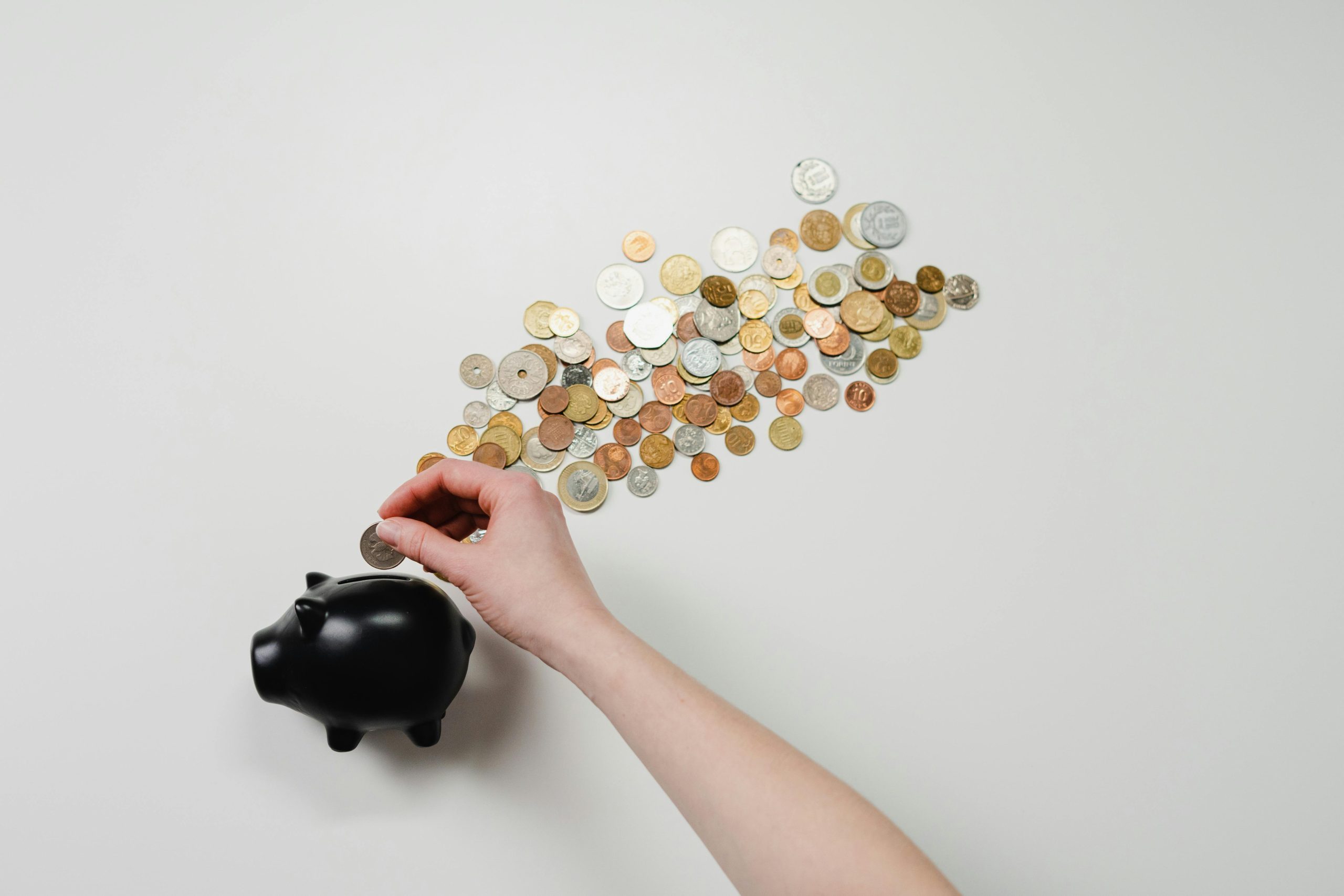Managing money isn’t just about budgeting for the month — it’s about building a lifestyle that supports long-term stability and growth. Whether you’re just starting your career or planning for retirement, good personal finance habits can make all the difference. Below are seven practical strategies you can start applying today to strengthen your financial health.
1. Track Your Spending Every Month
It’s hard to improve what you don’t measure. By monitoring where your money goes, you can quickly identify spending patterns and areas for improvement. Use free budgeting apps or spreadsheets to categorize expenses, and review your statements weekly to spot any unnecessary costs before they pile up.
2. Build an Emergency Fund
Life is unpredictable — medical bills, job loss, or urgent repairs can happen anytime. Aim for three to six months of living expenses in a separate savings account. Automate transfers from your checking to savings each payday to build the fund without thinking about it.
3. Pay Yourself First
Treat savings like a bill that must be paid. By setting aside money before covering other expenses, you ensure your future goals take priority. Start with as little as 5–10% of your income, and increase the amount whenever your earnings grow.
4. Avoid High-Interest Debt
Credit cards and payday loans can derail your finances if not handled responsibly. Pay off your credit card balance in full each month to avoid interest charges, and consider consolidating debt into lower-interest loans if it helps you pay it off faster.
5. Invest for the Long Term
Once your emergency fund is in place, putting money to work can help you grow wealth over time. Explore low-cost index funds or retirement accounts like a 401(k) or IRA, and avoid chasing quick gains — consistency and patience often win in the long run.
6. Set Clear Financial Goals
Without specific targets, it’s easy to lose focus. Decide whether you’re saving for a home, retirement, education, or travel, then break big goals into smaller, achievable milestones and track your progress.
7. Keep Learning About Money
Financial literacy is a lifelong skill. The more you know, the better your decisions will be. Read books, listen to podcasts, and follow reputable finance blogs. Stay updated on changes in tax laws, interest rates, and investment opportunities.
Final Thoughts
Building strong personal finance habits doesn’t happen overnight — it’s the result of small, consistent steps taken over time. By tracking spending, saving intentionally, avoiding high-interest debt, and continuously learning, you set yourself up for lasting financial security. The earlier you start, the greater your advantage — so take the first step today.




